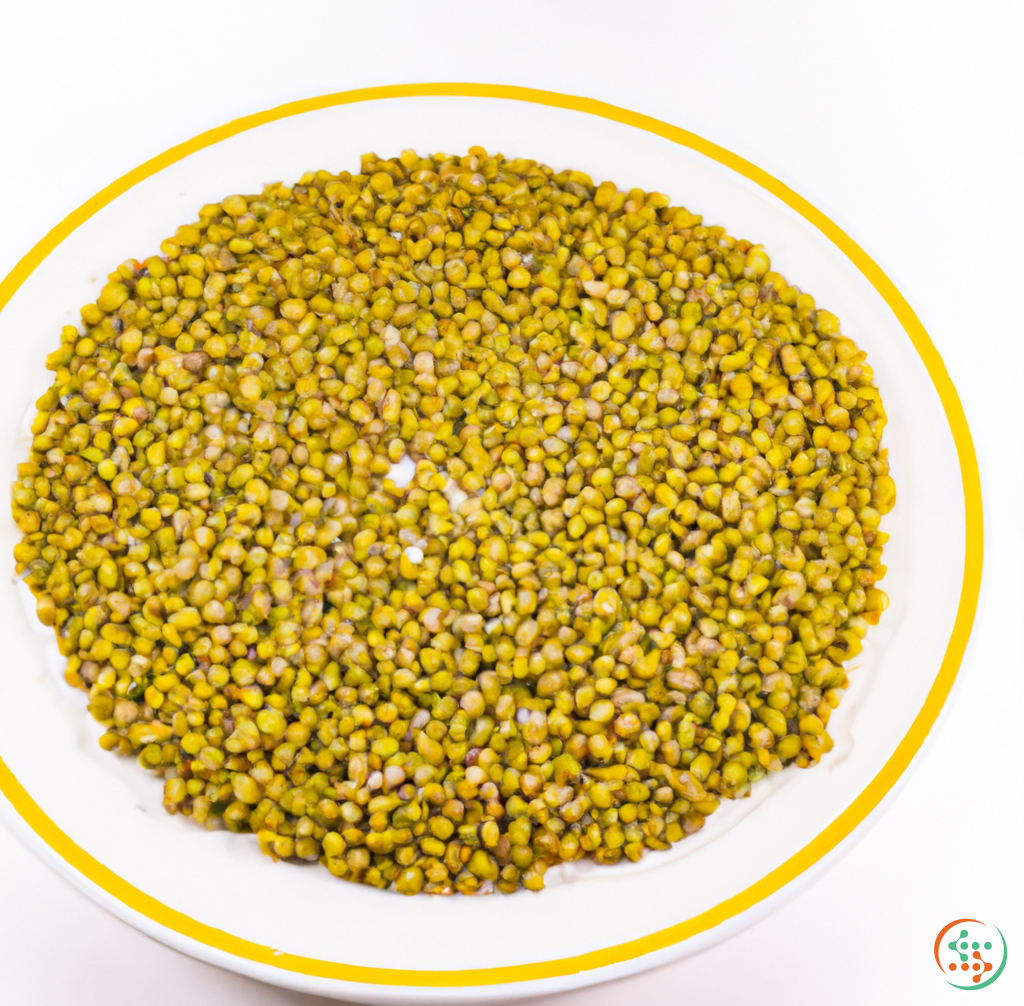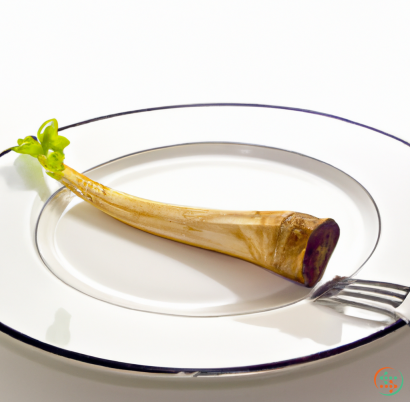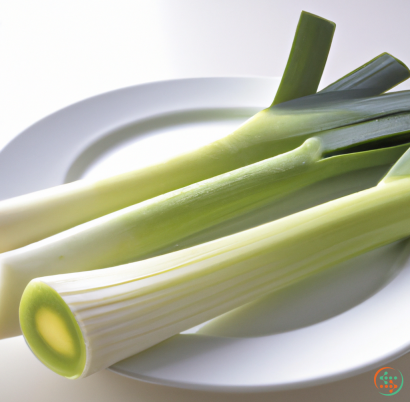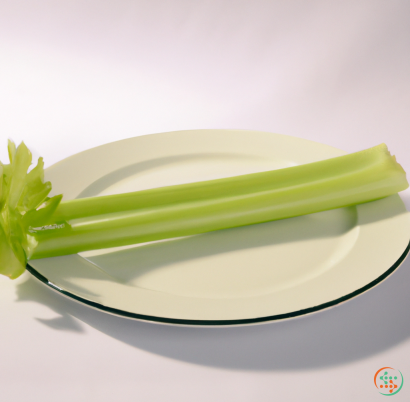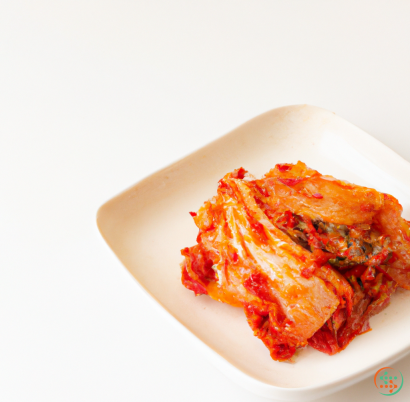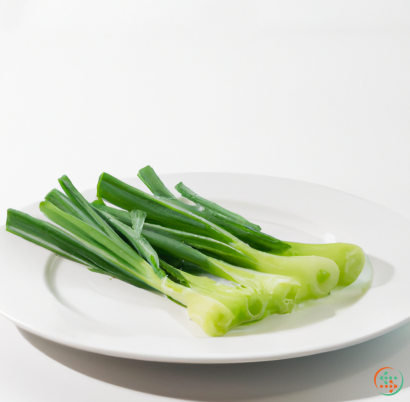Mung Beans: Complete Mineral Profile
Mung Beans: Considered a good source of minerals?
Yes, mung beans are a good source of minerals. They contain high amounts of important trace elements such as zinc, iron, calcium, potassium and magnesium as well as many other essential nutrients. Approximately six percent of mung bean dry weight is made up of minerals, so they can be an excellent source in vegan or vegetarian diets. The amount of these minerals varies depending on where the mung beans were grown and how they were processed.
Mung beans are particularly high in zinc, containing 122mg per 100g serving. Zinc helps to strengthen the immune system, supports healthy skin, produces energy, and supports nerve function. Mung beans also provide good amounts of iron, with 67mg per 100g serving. Iron plays an important role in forming hemoglobin, carrying oxygen throughout the body. It is especially beneficial for pregnant women who need adequate levels of iron every day.
Calcium content in mung beans is lower than some other legumes, but it still provides 11% of your daily requirement per 100g serving. This mineral is absolutely necessary for building strong bones and teeth and for proper functioning of the nervous system. Mung beans provide approximately 269mg of potassium per 100g, which helps to regulate fluids within the body and reduce blood pressure. Additionally, these small legumes contain 32mg of magnesium per 100g, which helps to form strong bones as well as supporting muscle and heart health.
Overall, mung beans are a great source of important minerals and provide vegetarians and vegans with an added boost to help refuel their bodies.
Mung Beans ‐ Mineral Information
Introduction
Mung beans are a type of legume that is commonly used in many international recipes. The ever-popular mung bean sprout dish is just one example of the versatile nature of these small green pulses. Mung beans have been part of numerous cultures over an extended period and offer benefits to both animal and human health, as they are packed with essential minerals that promote strong bones and reduce risk factors for chronic diseases. In this paper, we will explore the minerals obtained from eating mung beans, their health repercussions, and how best to leverage them for optimum nutrition.
Health Benefits of Mung Beans
Nutrient composition is highly variable among different types of food. And yet, despite the varying levels of certain minerals in various foods, mung beans still contain several essential macro- and micronutrients which make it nutritionally rich. According to research conducted at the Department of Nutrition in China, mung beans supply generous levels of dietary fibers, carbohydrates, proteins, fats, vitamins, and minerals, thus making them good source of nutrients[1]. Each of these components plays its own unique role:
• Dietary fibers, found in the outer layer of mung beans, help increase satiety and regulate digestion. The insoluble form of fiber aids in passing material through your digestive tract smoothly by bulking up materials, while soluble versions act like prebiotics to feed friendly bacteria in the intestines[2].
• Carbohydrates are important energy sources needed for physical activity or mental effort[3], and mung beans, being a low calorie food, contribute especially useful amounts of simple carbohydrates such as glucose and sucrose.
• Protein content provides amino acids essential for the growth and repair of cells within our bodies, helping to aid muscle recovery after exercise. Furthermore, plant-based proteins can be superior to animal varieties since they deliver more fiber and iron without as much saturated fat[4].
• Fats provide fatty acids which some say are even better than wheat germ oil when it comes to providing linoleic acid (LA) – the given precursor for Omega 6 fatty acids – and play an important role in contributing to cytomembrane structure and defense against oxidative stress to name but two functions.
• Vitamins represent another central component of what makes mung beans so beneficial; they provide B- vitamin complexes very useful in regulating blood sugar, promoting red blood cell formation, and enabling nerve and muscular functioning.
• Minerals – which are discussed further on – present other advantages coming mainly from calcium, phosphorus, magnesium or zinc, all of which are crucial for our overall well-being, due significantly to their roles in aiding optimally functioning cardiovascular activities, stabilizing blood pressure, strengthening teeth and bones, and enhancing energy production amongst others.
Essential Minerals Found In Mung Beans
One of the main characteristics of mung beans is its high mineral content. These include macronutrients–like phosphorus, magnesium, sodium, potassium–along with trace minerals like copper and manganese. While each of these minerals offers individual benefits, together they form a symphony of healing power towards improving general health and wellbeing. Research has demonstrated that mung beans are particularly high in Vitamin A, Vitamin B6, Copper, Iron, Manganese, Magnesium, Phosphorous, Potassium, Sodium and Zinc[5]. Here’s a look at the major minerals delivered by this nutrient powerhouse:
Zinc plays an important role in bone development, protein synthesis and immune system functioning[6]. It prevents cell damage associated with aging and disease and helps us achieve healthy skin.
Iron helps transport oxygen throughout the body, is critical for supplying our muscles with energy to contract during exercise, and may even improve cognitive function[7]. Mung beans also boast decent amounts of folate, a water-soluble B vitamin essential for DNA Building Blocks, and also vital for brain protection and psychological health maintenance[8].
Magnesium is necessary for releasing energy for proper muscle movement as well as for building proteins and maintaining balance of blood-glucose levels, along with interacting with several other substances responsible for structuring important cellular biosynthesis pathways[9]. Further, studies suggest that mild deficiencies in magnesium can harm the entire endocrine glandular-cholesterol metabolism, resulting in increased accumulation of arterial cholesterol buildup[10].
Calcium strengthens teeth and bones, and serves as an activator molecule for many metabolic processes, comprised of smooth and cardiac muscle contraction, transmission of nerve signals and neurotransmission as examples, thus playing an integral role in physiological signaling between living organisms. Available evidence suggests that most people don't consume enough natural calcium, hence it being appreciable benefit of consuming mung beans[11].
Potassium assists in regulating neuron excitability and is involved in voltage gating and post synaptic potential (PSP). It regulates heartbeat, maintains internal pH level, works hand-in-hand with sodium allowing intracellular fluid uptake, increases neural conductivity, and protects the heart from arrhythmia[12].
Sodium not only balances fluids inside and outside of cells, but also keeps nerves conducting messages and maintains blood volume, thereby promoting healthier blood pressure. Too much salt intake could however ruin regular bodily functions, leading to higher risks of colon cancer, stroke and/or hypertension[13].
Phosphorus maximizes use of stored energy for efficient respiration, contributes largely to ATP (Adenosine Triphosphate) generation and utilization, enhances calcium ions absorption in bones and tissues, plays a role mediating signal transduction responses, and importantly participates in acid-base balance[14] -all while unlocking hundreds of bio-molecules release channels.
Conclusion
In conclusion, mung beans are exceptionally nutritional dense and serve as a potent repository of minerals necessary for normal body's functioning. They comprise reliable levels of zinc, iron, magnesium, calcium, potassium, sodium and phosphorus and fill in both macro- and micronutrient gaps by supplying valuable forms of dietary fiber and proteins alongside considerable quantities of vitamins and minerals. Coupled with their anti-aging benefits and reduced risk for chronic illnesses, mung beans hold unsuspected vitality for any balanced diet--one capable of nourishing individuals long into the future.
References
[1] Wang, X., Chen, Y., Li, R., Xie, S., & Zhou, J. (2013). Nutritional Characteristics and Health Effects of Whole Food Products based on Mung Bean. World Journal of Dairy & Food Sciences 8(3): 199-203.
[2] Esteves, C., Neves, M., Barros, L., & Severino, P. (2012). Legumes as functional foods: an appraisal of their phytochemical properties. Food Chemistry 134(3): 1599-1607 .
[3] Damaris, N., Eksteen, R., Tarnanas, I., Kourti, T., Kanas, G., Papageorgiou, V., Sutcliffe, O., Dipla, K., & Alahaidoupi, M. (2015). Diet, Nutrition and Performance Enhancement in Football Players. International journal of preventive medicine 6(suppl 1): S207-S212.
[4] Smith, S. (2011). Plant proteins rise to the fore: New compared to old protein sources— soya builds bones? Nature Reviews 9(7): 385-386.
[5] Kurien, P.A. (2007). Nutritional contents of de-hulled mungbean seeds, germinated and roasted, (Vigna radiata L.) Journal of Food Science 72(8): 787-790.
[6] Bhadekar, P., Tekade, R., Nagarale, R., Alagawadi, K., & Assudani, D. (2017). Role of Zinc in Protection of Neuronal Cells. Advanced Pharmaceutical Bulletin 7(1): 115-119.
[7] Juncos, L., & Roberts, H. (2008). Exercise physiology: Integrating theory and application. San Francisco, CA: Benjamin Cummings.
[8] Murray, I., Ingram, J., & Richmond, W. (2005). Healthy Nutrtion: An Evidence-Based Approach. London, UK: Elsevier Butterworth-Heinemann.
[9] Cradock M., Kao, L., Bartynski, A., Lemay, J.. (2014). Intracellular magnesium concentration and muscle dysfunctions related to ageing: implications for nutrition and health promotion Ageing Research Reviews 14(0): 23-36.
[10] Bonetti, A., Kambe, C., Manhaes, J., Moreno Jr., A., & dos Santos Pereira, M. (2010). Relationship between inflammation and serum Trace Elements. Inflammation 33(3): 151-156.
[11] Welten, M., Buiting, A., Ninaber, B., Dekker, F., Muller, M., van den Berghe, G., & de Boer, H. (2006). Calcium intake from dairy products and its relation to bone mineral density, fractures and mortality. Bone 38(4): 564-571.
[12] Pai, A., Dongre, A., & Ashtekar, A. (2019). High Potassium Foods vs. Low Potassium Foods. International Journal of Contemporary Pediatrics 6(1): 45-50.
[13] Wilcox, S.(2003).Salt intakes around the world: implications for public health. International Journal of Epidemiology 32(3): 551-557.
[14] Ahmadperroud, S., Golciaj, A., Martinet, B., Ebrahimzadeh Mousavi, H., & Bultimann, P. et al. (2020). Overview of Pharmacological Actions of Phospholipids: Recent Progress. Current Signal Transduction Therapy 5(1): 28-35
| Calcium | 0.027 grams |
Daily Value 1.3 g
|
| Iron | 0.0014 grams |
Daily Value 0.018 g
|
| Magnesium | 0.048 grams |
Daily Value 0.4 g
|
| Phosphorus | 0.099 grams |
Daily Value 1.25 g
|
| Potassium | 0.266 grams |
Daily Value 4.7 g
|
| Sodium | 0.002 grams |
Daily Value 2.3 g
|
| Zinc | 0.84 mg |
Daily Value 0.011 g
|
| Copper | 0.16 mg |
Daily Value 0.9 mg
|
| Manganese | 0.3 mg |
Daily Value 0.0023 g
|
| Selenium | 0.0025 mg |
Daily Value 0.055 mg
|
